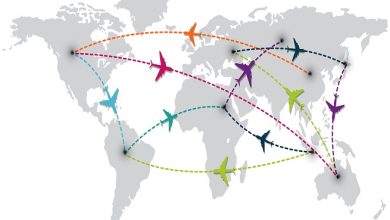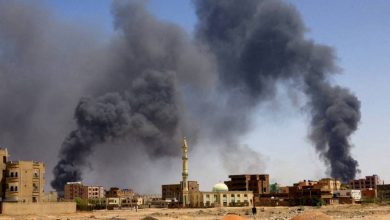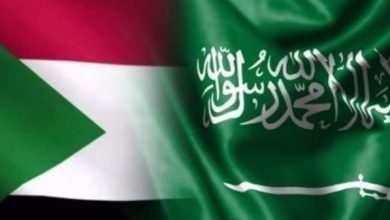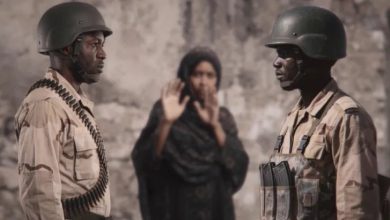Can Kamil Idris Succeed in Opening Sudan’s Political Horizon?
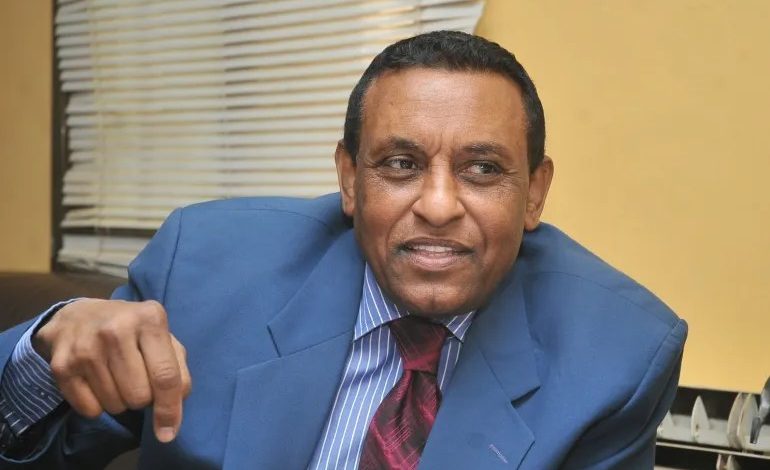
Report by: Al-Nour Ahmed Al-Nour
More than two years after the outbreak of war in Sudan, political division and polarization continue to overshadow the internal landscape. Observers expect newly appointed Prime Minister Kamil Al-Tayeb Idris to seek consensus among rivals to help resolve the country’s crisis, as he attempted in the past—though it remains a difficult endeavor.
Kamil Idris, a former UN official, was not well-known in Sudanese political circles until he launched a mediation initiative in the mid-1990s during the Sudanese crisis. He brought together Sheikh Hassan Al-Turabi, the architect of former President Omar al-Bashir’s regime, and the late Sadiq Al-Mahdi, leader of the Umma Party and a prominent government opponent, in Geneva. However, the meeting did not result in a political breakthrough.
Idris later pursued reconciliation among Sudanese factions by promoting confidence-building measures and efforts to improve the political climate before running for Sudan’s presidency in 2010.
Shifting Alliances
The United Nations, African Union, and Arab League welcomed Idris’s appointment as Prime Minister, viewing it as a step toward restoring constitutional order and democratic governance in Sudan. His appointment was also welcomed by political forces supporting the army.
The African Union has made efforts to bridge gaps between Sudanese factions in order to organize a Sudanese-Sudanese dialogue conference. However, three rounds of consultations with various political blocs and forces yielded no significant progress.
In July, Cairo hosted a conference that, for the first time, brought together diverse Sudanese political actors under one roof. A statement was issued at the end, although some forces voiced reservations.
The dynamics of the war have also led to the dismantling of previous alliances and the formation of new ones. In February, pro-army forces formed a coalition of political and societal groups in Port Sudan, endorsing a national project document approved by a conference and adopted by Sovereign Council leader Gen. Abdel Fattah al-Burhan.
Meanwhile, the alliance known as the Coordination of Democratic Civil Forces (Taqaddum), which included Revolutionary Front factions and various figures, established a parallel government in areas controlled by the Rapid Support Forces (RSF). This led to the dissolution of the alliance and the creation of a new coalition on February 10—called the Democratic Civil Alliance of Revolutionary Forces (Sumud)—which named Abdalla Hamdok as its leader.
In contrast, the RSF, along with military factions and political groups, formed a new alliance in Nairobi, Kenya, also in February, called the “Founding Sudan Alliance,” which announced the formation of its own parallel government.
Dialogue and Consensus
Sumud recently held a meeting of its general secretariat and political committee in Kampala, Uganda, chaired by Hamdok. The meeting concluded on Saturday and outlined a vision prioritizing the cessation of hostilities.
In its statement, the alliance said: “The pursuit of legitimacy by the Port Sudan authority and competing parallel governments formed by the RSF and its allies do not address the country’s priorities or meet the needs of Sudanese citizens.”
The meeting called for outreach to all parties to initiate a political process via a roundtable that could unify stances to stop the war and reach a consensus on a national project that ends conflicts, preserves Sudan’s unity, and establishes a democratic civilian state.
Yasir Arman, a member of Sumud’s secretariat, argued in a post that Kamal Idris’s appointment based on the new constitutional document effectively makes him a subordinate of the military. “He is not a civilian Prime Minister but a wartime Prime Minister,” he said.
Limited Prospects
Regarding the prospects for political consensus, writer and political analyst Ibrahim Al-Siddiq believes full agreement among political rivals is difficult due to prevailing political competition. He emphasizes the importance of prioritizing national issues and inclusive participation.
Speaking to Al Jazeera Net, Al-Siddiq said the main challenge is Idris’s ability to present a unifying plan accepted by political and societal forces.
He suggested that Idris should propose a comprehensive work program that calls on all parties to participate, focusing on national unity, reconstruction, the return of displaced persons and refugees, and strengthening justice and the rule of law before proceeding to elections where political forces can appeal to the people.
Meanwhile, researcher and political analyst Khalid Saad believes Idris’s chances of achieving national consensus are limited unless he overcomes perceptions of being a political actor rather than a front for a military project led independently or through a political-military alliance.
Speaking to Al Jazeera Net, Saad said Idris’s history as a mediator cannot be heavily relied upon due to profound changes in the political landscape—most notably, the current linkage between any settlement and the cessation of war. As polarization intensifies and divisions deepen, the war creates a new dynamic, with parties becoming more entrenched in their positions and less willing to compromise.
He added that the militarily weaker side tends to entrench its positions out of fear of losing bargaining power, thus seeking political alternatives, as seen in the emergence of the “Founding” alliance, which reflects the rise of war-related political forces—complicating the scene and adding new dimensions to any future settlement.
Nevertheless, Saad believes the new Prime Minister has a chance to build trust by demonstrating neutrality and keeping an equal distance from all political factions while forming his government. He may find a starting point amid the political deadlock by focusing on humanitarian issues and changing the political and media discourse.
